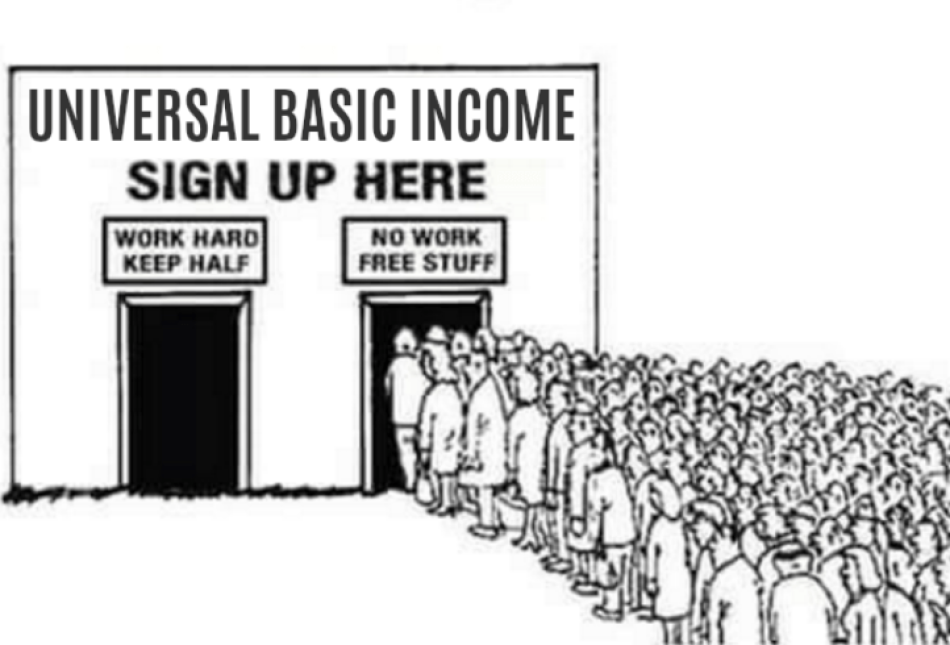UBI report casts doubt on merits of the UBI (for the poor)

With so much talk of “universal basic income” in New Mexico (including a bill introduced in 2024 and a handful of pilot programs, even if they were not TRUE UBI programs), we were interested to see the results of one of the first real-world studies of a Universal Basic Income policy. The study from National Bureau of Economic Research can be found here.
The experiment involved giving 1,000 random low-income individuals $1,000 per month unconditionally for three years, with a control group of 2,000 participants receiving $50/ month.
Among the results: UBI participants ended up earning $1,500 less despite being given $12,000 more annually. For every dollar received, total household income dropped by at least 21 cents.
UBI participants remained unemployed longer than the control group.
UBI participants worked less with no substantive change in quality of employment. UBI participants did little to improve their education or training to improve their income.
UBI participants reported higher rates of disability.
In other words, the benefit of work appears to be more than simply getting a check. Of course, anyone who is even somewhat familiar with New Mexico’s social and economic issues would understand that one of New Mexico’s most fundamental problems is its low workforce participation rate. As the LFC reported in April:
Labor force participation correlates with economic growth, crime reduction, and increased average per capita earned income.
